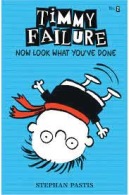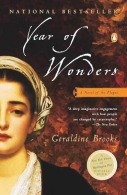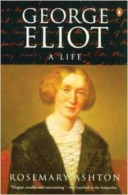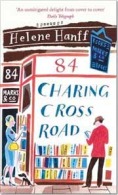The Front Porch prints book reviews by local librarians, rotating to a different library each month. October reviews are by volunteers from the Park Hill Community Book Store, 4620 E. 23rd Ave.
 Timmy Failure Now Look What You’ve Done by Stephan Pastis
Timmy Failure Now Look What You’ve Done by Stephan Pastis
Timmy Failure Now Look What You’ve Done is the second book in the Timmy Failure series. I would recommend this book to any kids who like comedy and mysteries.
Timmy believes he is the greatest and smartest person of all time. While trying to protect that title he breaks his leg and knocks the head off a statue. More bad things continue to happen to Timmy. His mom sells his Timmy mobile so he uses his butter mobile to get around. The butter mobile is his business partner polar bear dragging him around while he is coated in butter.
Timmy Failure goes through exciting and funny adventures to solve crimes like what happened to spooney spoon. I hope kids enjoy reading this book.
—Riley Billings, 10
 Year of Wonders: A Novel of the Plague by Geraldine Brooks
Year of Wonders: A Novel of the Plague by Geraldine Brooks
Before she won the Pulitzer Prize for March, journalist turned novelist Geraldine Brooks crafted Year of Wonders in which her veteran journalist skills outweigh those of the neophyte novelist. The imbalance is unsettling, but the book is worth reading both because and in spite of it.
This novel recreates the remarkable struggle of villagers in an English village stricken by the great plague of 1665. Told by a housemaid in the village rectory, the story is compelling and convincing for the most part; but toward the end, as it moves further from the historical record, it veers off in the direction of Gothic melodrama. Good for readers pleased with such a tack, but others are left with one more wonder: why?
—John Krause
 George Eliot: A Life (biography) by Rosemary Ashton
George Eliot: A Life (biography) by Rosemary Ashton
I wrote a short review of George Eliot’s best book Middlemarch a few months ago. Then I proceeded to read the writer’s biography. It struck me that her story was even more interesting and profound than any of her books. She comes alive as one of the most analytical and creative minds of the 19th century. She overcame personal feelings of inadequacy as she accomplished challenges both as a journalist and writer. She was lucky to have constant encouragement from both her publisher and George Lewes (her lover, as he was unable to divorce his unfaithful wife), who was also a successful writer. She was a feminist before her time, breaking conventions. Her biographer gives an account of her activities, notably focusing on the writing and publication of each major work. I highly recommend this book for anyone interested in George Eliot’s life and times.
—Bettina Basanow
 84, Charing Cross Road by Helene Hanff
84, Charing Cross Road by Helene Hanff
I read 84, Charing Cross Road in 1970 when it debuted and recently returned to it. Hanff was an impoverished playwright, living in New York, who worked crafting screenplays for early television shows. Helene loved books but wanted them to be special. She began a 20-year correspondence with Frank Doel, buyer for Marks & Co, a London bookseller, located at 84, Charing Cross Road. Soon Helene is writing to most of the bookstore staff and Frank’s wife. Helene sent food packages as Britain had rationing years after WWII. Frank located books Helene requested and made suggestions about others. Frank and Helene established a caring friendship and looked forward to meeting. They never met. Helene went to London after Frank’s sudden death and the successful publication of a slim volume of their collected letters afforded Helene financial independence.
—Sandra Niemi


0 Comments